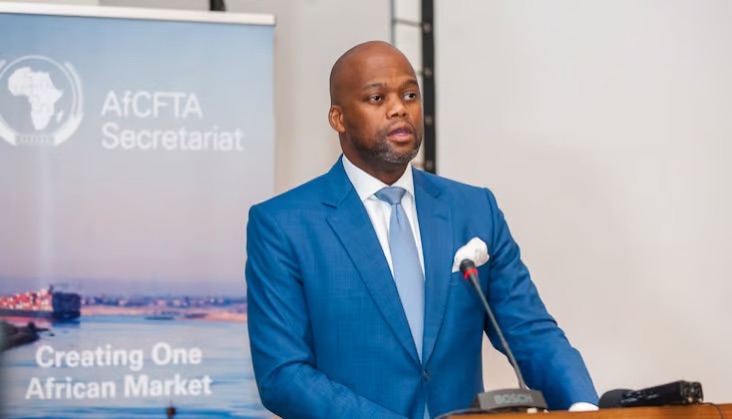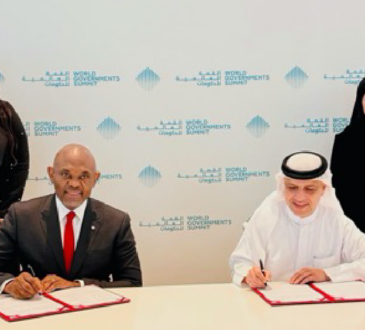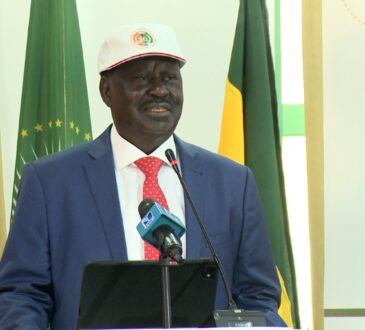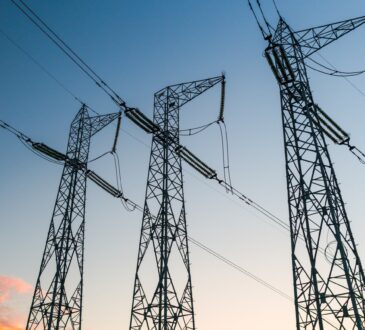
The African Continental Free Trade Area (AfCFTA) is set to begin disbursing its $10 billion Adjustment Fund early next year, aiming to support both sovereign states and private sector projects impacted by trade liberalization under the bloc. With an initial $1 billion already secured, the fund is designed to cushion member states from revenue losses due to tariff reductions and declining competitiveness.
Speaking at a press briefing ahead of the Biashara Afrika Summit in Rwanda, AfCFTA Secretary-General Wamkele Mene confirmed that the first round of disbursements will be available early next year. Governments and private sector players will be eligible for support. “We expect both governments and the private sector to seek financing,” Mene stated, highlighting the flexibility of the fund in addressing diverse economic needs.
The fund will provide a mix of grants, concessional loans, and other financial instruments to stimulate investment in areas such as manufacturing, infrastructure, and industrial development. These measures aim to mitigate the adverse effects of tariff removal and enhance the competitiveness of projects aligned with AfCFTA’s goals of economic integration and industrialization.
Mene assured that the fund’s allocation process would remain free from political interference. “While we are board members, the fund will operate independently to ensure transparency and fairness in how capital is deployed,” he said.
Open to all AfCFTA member states, even those yet to commence trading under the agreement, the fund will also support projects like establishing manufacturing facilities to supply multinational companies, including producing components for Toyota.
A key board meeting in Rwanda this week will finalize preparations for the fund’s rollout and discuss further capital mobilization. Mene hinted at a potential roadshow to attract additional investments, positioning the fund as vital to AfCFTA’s ambition of driving industrial growth across Africa.
The Biashara Afrika Summit, hosted by Rwanda, will focus on attracting investment to ensure the successful implementation of AfCFTA, reinforcing the continent’s commitment to making the free trade area a cornerstone of Africa’s economic future.







